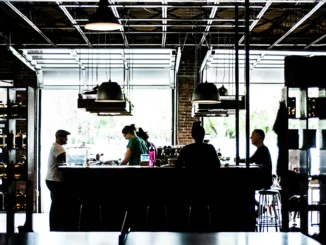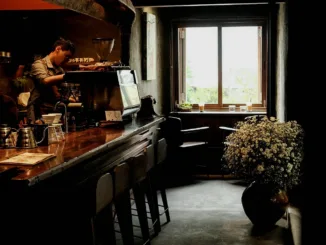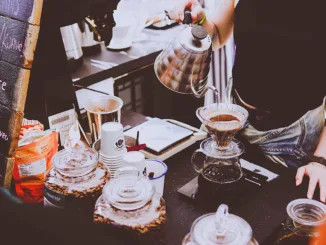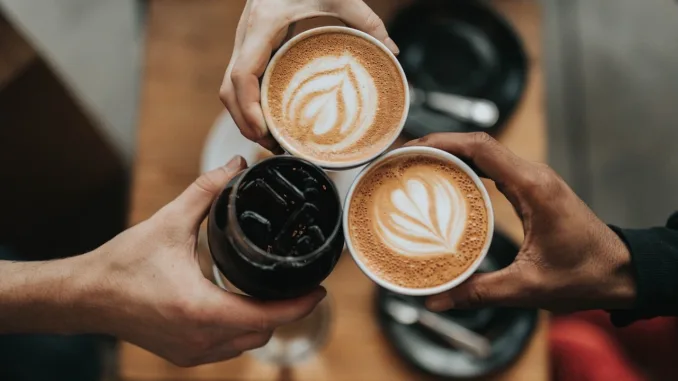
Is conflict de-escalation on your list of abilities as a barista? We explore the importance of this “soft skill.”
BY EMILY JOY MENESES
BARISTA MAGAZINE ONLINE
Featured photo via Pixabay
Manning a coffee shop by yourself can come with a number of potential risks, including having to deal with customer altercations alone. In this installment of “Let’s Talk About” we’ll cover some de-escalation tactics that you can use should you come across customer conflict, whether you’re working solo or not.
These de-escalation tactics are meant to equip baristas with the emotional skills they’ll need to prevent conflict in the café without getting law enforcement involved. However, we recommend that café staff look into de-escalation training workshops to expand upon the techniques shared in this article. We also recommend looking into local harm-reduction organizations you can call for support, should you ever find yourself in a situation where you need outside assistance.
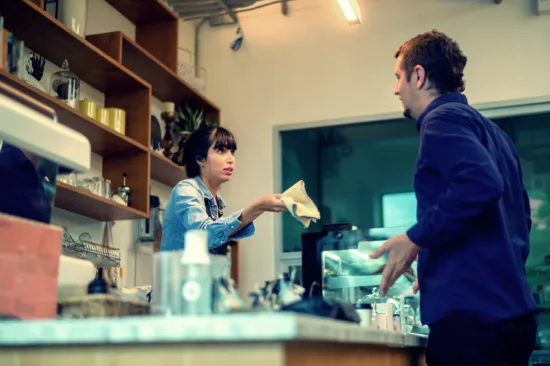
What is De-Escalation?
Right To Be is a nonprofit organization dedicated to deterring harassment and discrimination in order to create safe, inclusive spaces. In their De-Escalation Guide, they describe conflict de-escalation as “a strategy to prevent people from escalating into violence” through a variety of methods. These include bettering your listening skills, combatting any implicit biases you may have, and overall embodying more patience, compassion, and understanding in your interactions.
Defuse, an organization that offers de-escalation training courses for members of multiple industries, describes de-escalation as critical to reducing workplace violence and harm while ensuring greater safety, communication, and well-being for all parties involved. In their blog, the organization also goes into the differences between “hard skills” (technical skills that pertain directly to your job, i.e., pulling espresso shots) and “soft skills”—interpersonal skills including empathy, adaptability, and the ability to reach collaborative solutions.
According to Defuse, neither hard skills nor soft skills is more important than the other. Rather, the two go hand in hand and are essential regardless of the industry you work in. By mastering your soft skills, you can excel in your role as a barista by not only crafting quality drinks, but also creating an environment that feels comfortable and safe for everybody who comes into the space.
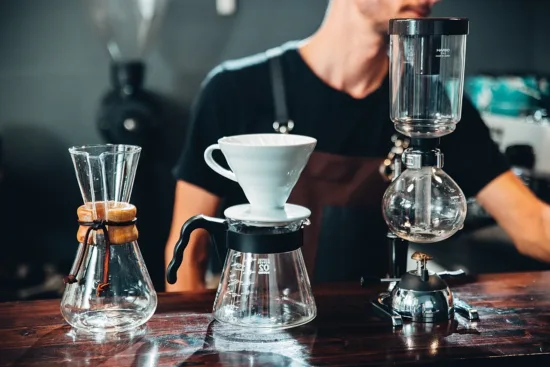
When De-Escalation Is Important
If you work in a café or any other public space, you may have already encountered situations where de-escalation would have helped the situation—or perhaps you’ve already used de-escalation tactics without even realizing it. De-escalation may be helpful in a number of instances, such as when a customer expresses frustration or crosses yours or another customer’s physical boundaries—or when there’s conflict between people in your shop, whether customers or employees.
There are some tell-tale signs to look for when sensing conflict, such as body language, tone of voice, and erratic or sudden movements. If someone is exhibiting behaviors that seem aggressive, conflict de-escalation means calming them down, rather than instigating more aggression.
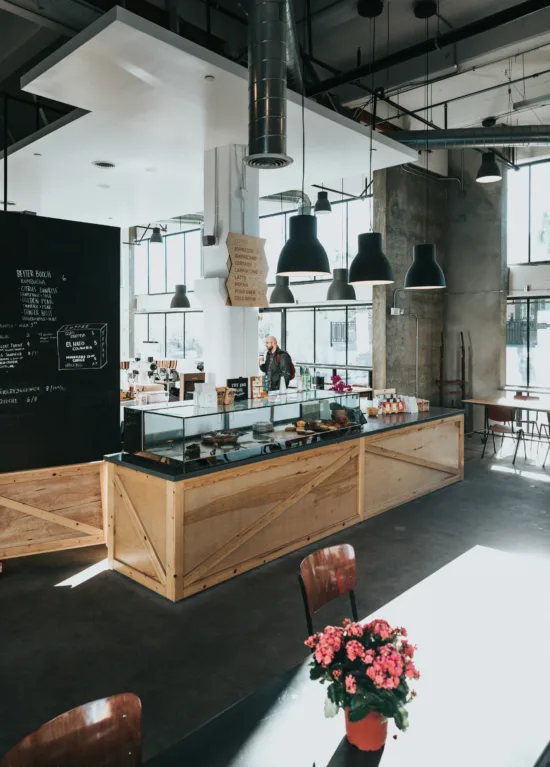
De-Escalation in Cafés
When a customer comes to you with anger or frustration, it’s easy to lose your cool and respond with a similar level of aggression. However, if your goal is to reduce harm, it’s worth it to be the bigger person and instead come at the situation from a place of patience and understanding.
Zayde Naquib, who originally founded Bar Nine Coffee and recently launched Frequency Tea, shares his thoughts on the matter.
“In regards to de-escalation—assuming the guest is not dangerous and is simply upset about something—I find the best and most powerful way to disarm (them) in the moment is to speak with the guest away from the bar and simply listen and ask questions,” he shares. “Oftentimes, things are a result of a breakdown in communication or a misunderstanding, or perhaps (your) establishment isn’t for that particular person.”
By approaching a frustrated guest with compassion and letting them know your goal is to help them, you can turn a tricky situation into one that you can both peacefully walk away from—and possibly learn from. In part two of “Let’s Talk About: Conflict De-Escalation” we’ll share our top five de-escalation tactics and how to incorporate them into your café.
ABOUT THE AUTHOR
Emily Joy Meneses (she/they) is a writer and musician based in Los Angeles. Her hobbies include foraging, cortados, vintage synths, and connecting with her Filipino roots through music, art, food, and beverage.
Subscribe and More!
Out now: It’s the August + September 2024 issue of Barista Magazine! Read it for free with our digital edition. And for more than three years’ worth of issues, visit our digital edition archives here.
You can order a hard copy of the magazine through our online store here, or start a subscription for one year or two.



